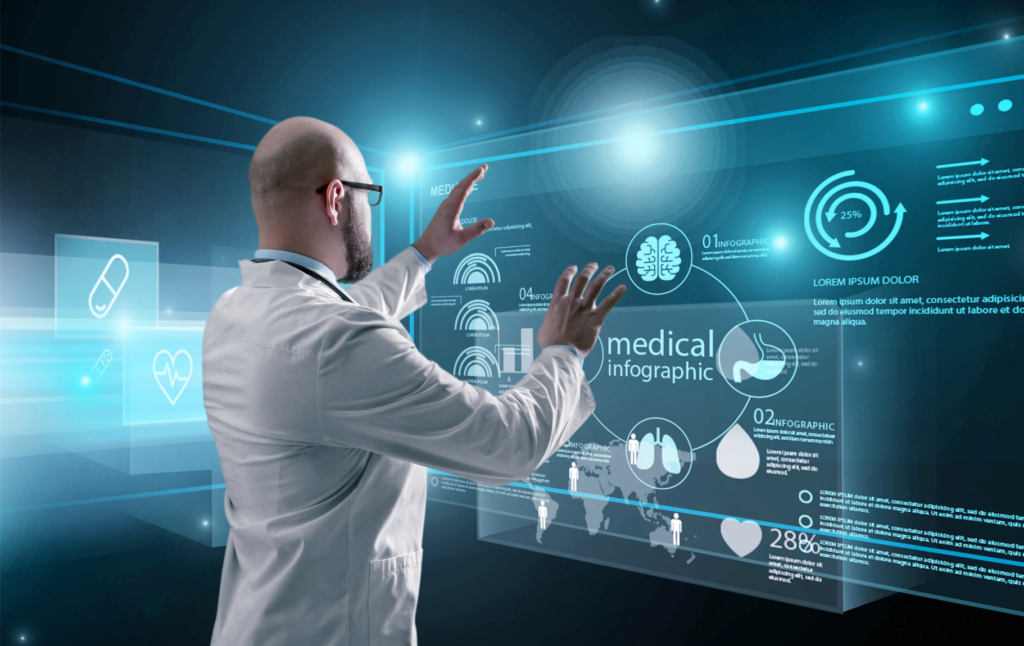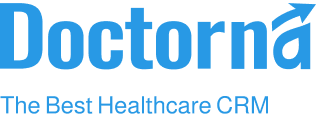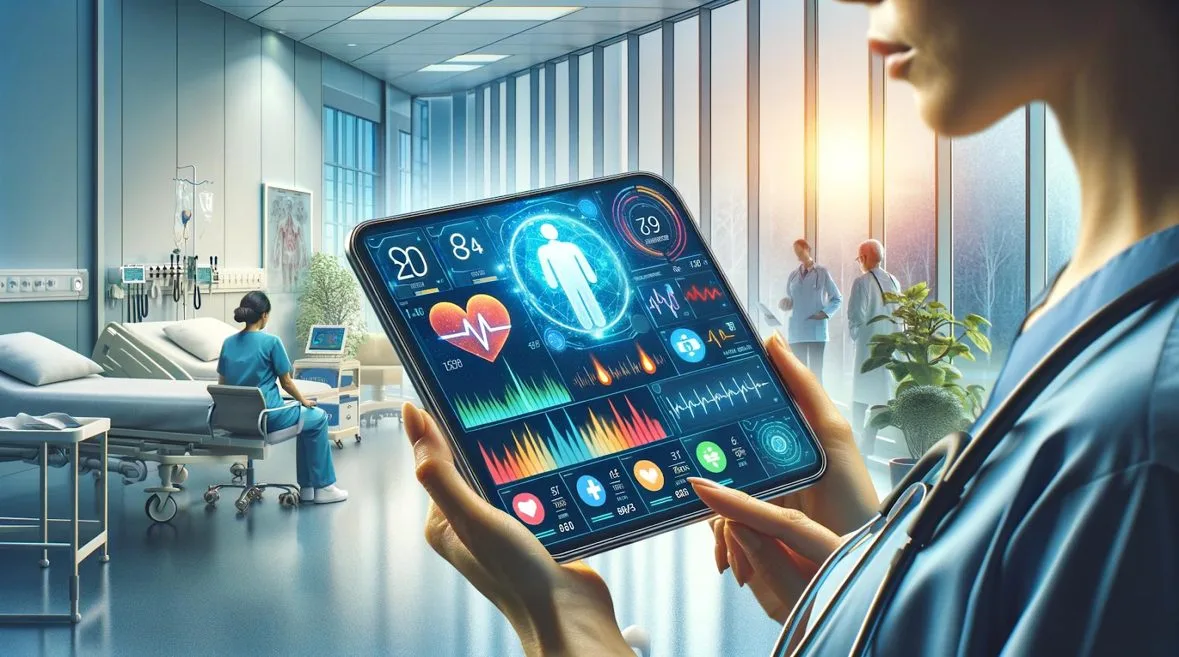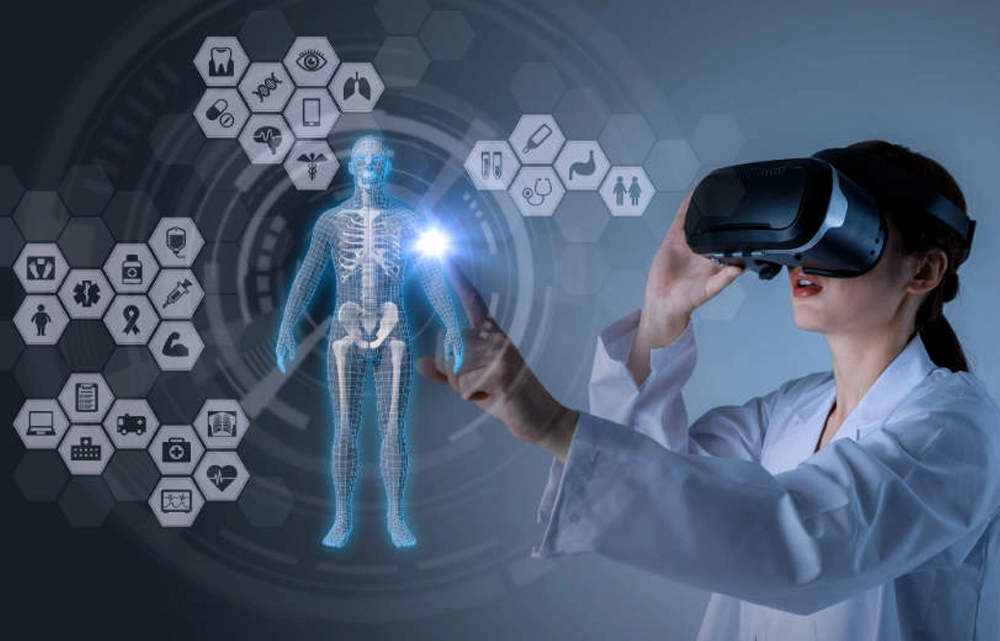Modern healthcare is moving away from the traditional “one-size-fits-all” model toward personalized medicine—an approach that tailors treatment and care to each patient’s unique characteristics, preferences, and medical history. To make this transformation possible, healthcare providers need tools that can collect, analyze, and apply patient data in meaningful ways.
This is where Healthcare Customer Relationship Management (CRM) systems play a critical role. A Healthcare CRM doesn’t just manage patient relationships—it provides deep insights into patient behavior, medical history, and communication patterns that help clinicians design customized treatment plans.
By leveraging CRM insights, healthcare organizations can improve treatment accuracy, boost patient engagement, and ultimately deliver better health outcomes.
Understanding Healthcare CRM Systems
A Healthcare CRM is a specialized system that centralizes patient information and communication across departments. It integrates data from multiple sources—such as electronic health records (EHRs), laboratory systems, appointment logs, billing data, and even wearable devices—to create a 360-degree view of each patient.
Unlike conventional CRMs focused on sales and marketing, a Healthcare CRM is built around patient care, engagement, and relationship management. It enables hospitals, clinics, and medical practices to understand their patients not just medically, but holistically—combining clinical, behavioral, and demographic data to enhance decision-making.
The Shift Toward Personalized Treatment
Personalized medicine focuses on delivering the right treatment to the right patient at the right time. This approach considers a range of factors including genetics, lifestyle, medical history, and even communication preferences.
However, building personalized care plans requires deep, organized data—and this is often a challenge in traditional healthcare systems, where patient information is fragmented across multiple platforms. Healthcare CRMs solve this issue by integrating data into one cohesive system and transforming it into actionable insights for clinicians.
How Healthcare CRM Insights Enable Personalized Treatment Plans
1. Consolidating Patient Data for a 360° View
Personalized treatment begins with comprehensive data. A Healthcare CRM gathers and organizes information from different sources—EHRs, lab reports, telehealth sessions, wearable devices, and patient feedback forms—into a single dashboard.
This unified patient profile gives healthcare providers a full understanding of each patient’s medical history, treatment progress, lifestyle habits, and preferences. For instance, if a patient with diabetes uses a fitness tracker, the CRM can integrate daily glucose readings and activity levels with their clinical data.
By analyzing these combined insights, clinicians can tailor care plans that better fit the patient’s real-life patterns and challenges.
2. Identifying Trends and Predictive Health Risks
Healthcare CRMs powered by AI and data analytics can detect trends and predict potential health risks based on patient data. For example:
- A CRM might identify a heart patient’s recurring pattern of elevated blood pressure after specific lifestyle changes.
- It may flag patients likely to miss medication doses based on engagement data.
These predictive insights allow providers to intervene early, adjusting treatment plans or offering preventive care before conditions worsen.
Predictive analytics thus turns patient care from reactive to proactive, improving long-term health outcomes and reducing hospital readmissions.
3. Segmenting Patients for Targeted Care
Every patient is unique—but patients can often be grouped by shared characteristics such as age, chronic condition, or treatment goals. Healthcare CRMs can automatically segment patients based on these parameters.
For example:
- Patients with high cholesterol might be grouped for regular follow-up programs.
- Cancer survivors might receive personalized wellness reminders or nutritional guidance.
By categorizing patients intelligently, CRMs help providers design tailored care pathways that address specific needs, improving engagement and adherence to treatment plans.
4. Enhancing Doctor-Patient Communication
Personalized treatment is not just about medical accuracy—it’s about connection. Healthcare CRMs improve communication between doctors and patients through two-way messaging, automated reminders, and personalized health education.
For example, a CRM can send customized messages like:
- “Hi Sarah, your blood sugar readings have improved! Keep following your current plan and stay active this week.”
- “It’s time for your follow-up screening based on your last test results.”
These personalized interactions make patients feel valued and supported. Consistent communication also helps reinforce adherence to treatment, a key factor in achieving positive outcomes.
5. Integrating Behavioral and Social Determinants of Health
Healthcare CRMs can capture more than just clinical data—they can also track behavioral patterns, lifestyle habits, and social determinants of health (SDOH) such as income, location, and access to care.
Understanding these non-clinical factors helps clinicians design treatment plans that are realistic and achievable. For instance, if the CRM reveals that a patient struggles with transportation, a provider might recommend telehealth consultations instead of in-person visits.
By incorporating behavioral and environmental insights, healthcare providers can create care plans that truly fit patients’ lives.
6. Supporting Multi-Disciplinary Collaboration
Personalized care often requires collaboration among various departments—physicians, nurses, dietitians, therapists, and administrative staff. A Healthcare CRM ensures that all team members have access to real-time, unified patient data, promoting coordinated decision-making.
When every stakeholder can view updates, treatment notes, and communication logs in one system, care transitions become smoother. This team-based approach ensures that all aspects of the treatment plan align with the patient’s overall health goals.
7. Measuring Treatment Effectiveness and Making Adjustments
A personalized plan is only as good as its outcomes. Healthcare CRMs enable providers to track treatment effectiveness through ongoing data analysis and patient feedback.
For instance, if a prescribed therapy isn’t yielding expected results, CRM analytics can help identify why—perhaps due to low adherence or conflicting medications. Clinicians can then refine the treatment plan accordingly.
This continuous monitoring and adjustment create a dynamic, responsive care model, ensuring that treatments evolve alongside the patient’s needs.
Benefits of CRM-Driven Personalized Treatment
Implementing personalized treatment plans using CRM insights offers far-reaching benefits:
- Better Patient Outcomes: Data-driven decisions lead to more accurate and effective treatments.
- Higher Patient Engagement: Tailored communication keeps patients involved in their care journey.
- Improved Efficiency: Automation and integrated data reduce administrative work and errors.
- Preventive Care: Predictive insights help identify risks before they escalate.
- Enhanced Patient Satisfaction: Patients feel valued through personalized attention and continuous support.
Together, these benefits create a healthcare ecosystem that is both patient-centered and performance-driven.

Final Thoughts
Personalized medicine is no longer a futuristic concept—it’s the present and future of healthcare. By harnessing the power of Healthcare CRM insights, providers can deliver care that’s data-informed, patient-focused, and continuously evolving.
CRMs transform raw data into actionable intelligence, helping clinicians understand not just what’s happening with a patient, but why—and what to do next.
In a world where personalization defines the quality of service, using healthcare CRM insights to design tailored treatment plans isn’t just innovative—it’s essential for delivering compassionate, efficient, and effective care.







